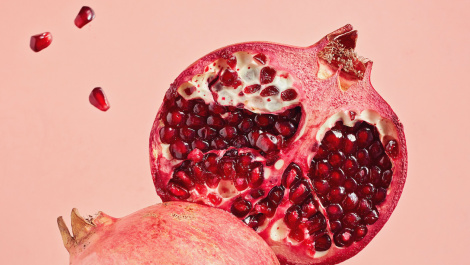Type 2 is the most common form of diabetes, and very different from Type 1 diabetes, which is an autoimmune disease. Type 2 is often stigmatised as self-induced from overdoing it on the sugary foods. Type 2 diabetics have lost the ability to respond to insulin, otherwise known as insulin resistance.
Insulin resistance means your body struggles to turn the carbohydrates in food into energy. This causes sugar to build up in your blood and over time, raises your risk for heart disease, blindness, nerve and organ damage, and other serious conditions. Type 2 Diabetes strikes people of all ages. Early symptoms are often so mild about 1 in 3 people don't even know they have it!
Are you at risk? You are if you have the following
- Excess body weight or obesity
- A waist measuring more than 31.5in (88cm) for women and 37in (102cm) for men.
- Minimal or no physical activity
- High blood pressure or cholesterol levels
- Direct relative with Type 2 diabetes
Don’t ignore the early warning signs
If you’re worried that you are a potential candidate for diabetes, read through the list below. Remember to look at these symptoms in context and don’t jump to conclusions. If you are concerned, consult your doctor or medical practitioner.
- Constant thirst, accompanied by a dry mouth
- Bigger appetite than usual
- Unusual weight loss or gain
- Headaches and blurred vision
- Itchy skin – especially in the groin area
- Discolouration of the skin – especially areas like the armpit
- Cuts and sores that never or are slow to heal
- Unexplained fatigue
Prevention is always better than cure
Prevention is mostly a matter of lifestyle. Sugar alone doesn’t cause diabetes, but overconsumption will lead to insulin inefficiency and resistance. Your conscious choices can make your body either susceptible to or defend against immune diseases. Here are a few areas to focus on in preventing the onset of Type 2 diabetes.
- Physical activity. Don’t spend too long sitting or on the sofa. Try to do 30 minutes of moderate movement every day. Have a look at our Movement Programme to inspire you
- Eating Habits. Being overweight isn’t only about the scale. Measure your midsection to make sure it stays within the recommended or safe range. Alter your diet to make sure you’re eating for optimum nutrition.
- Smoking. If you smoke, try to smoke a little less. Cutting down could be as simple as taking up a hobby that makes constant use of your hands.
- Drink alcohol in moderation. This advise is nothing new and doesn’t only apply to managing diabetes. It’s a simple matter of sustainable health.
- Stress response. Manage how you respond to stress, and avoid emotional eating.
- Attitude and emotions. How you feel about yourself and your relationship with food are important factors in avoiding diabetes
Remember, prevention, treatment and reversal the symptoms of Type 2 Diabetes is very often, simply a matter of making the right diet and lifestyle choices. If you think you might be at risk, read through the American Diabetes Association’s guide, or scroll through the Mayo Clinic’s research for more.







Comments